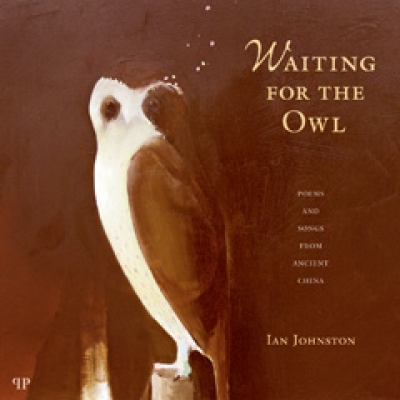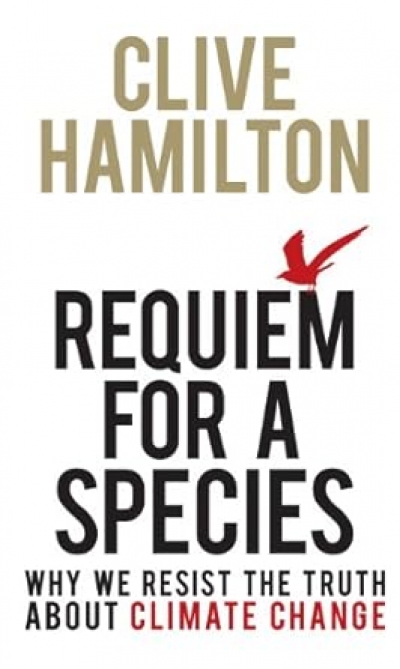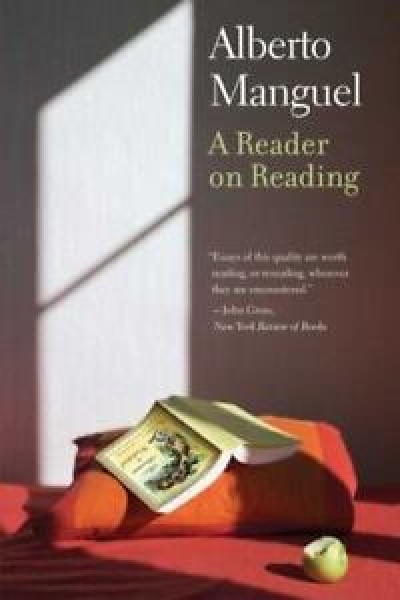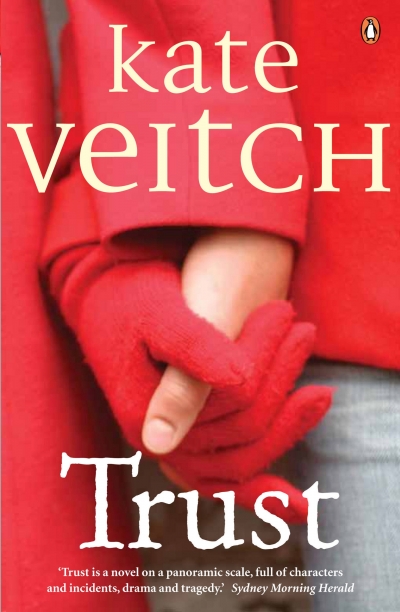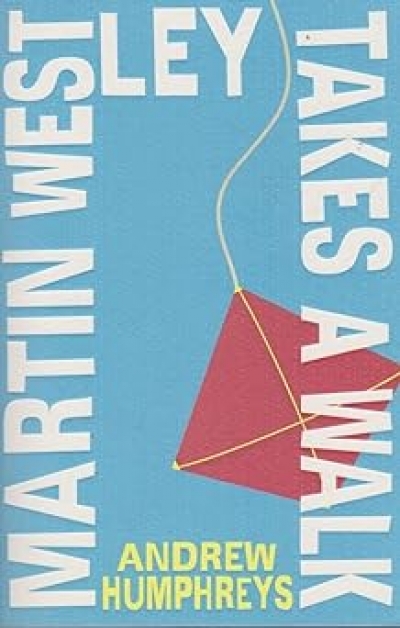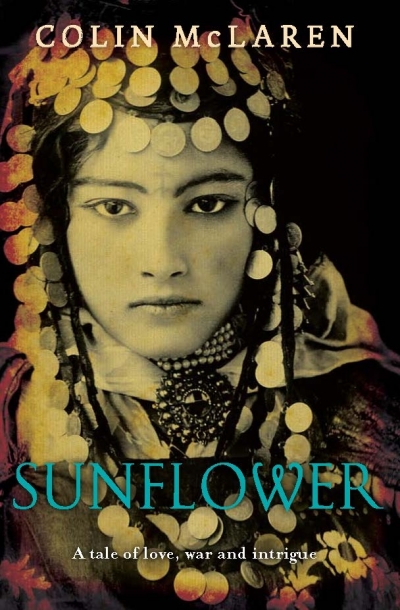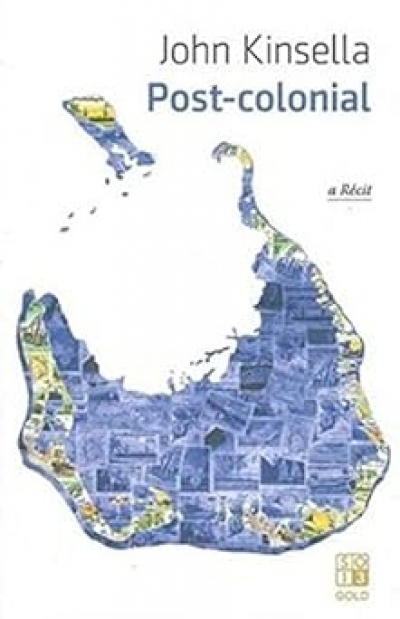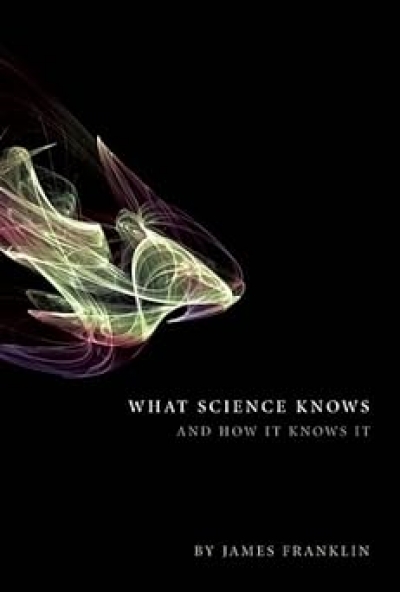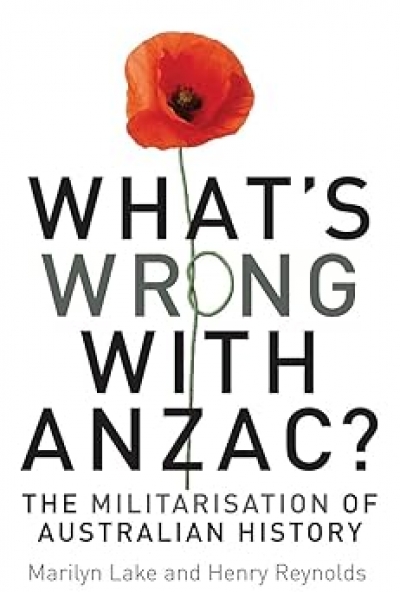Archive
Waiting for the Owl: Poems and songs from ancient China by Ian Johnston (transl.)
by Barry Hill •
Requiem for a Species: Why we resist the truth about climate change by Clive Hamilton
by Andrew Glikson •
Two Bob’s Worth
Lorna Hallahan and David Hansen are the joint winners of the 2010 Calibre Prize for an Outstanding Essay, the fourth to be presented by ABR, in association with Copyright Agency Limited’s Cultural Fund. The judges – critic James Ley and ABR Editor Peter Rose – chose from almost 200 entries. Both essays appear in this issue. We list the other shortlisted essays on page 29 and congratulate all the essayists.
... (read more)What’s wrong with Anzac? The militarisation of Australian history by Marilyn Lake and Henry Reynolds (with Mark McKenna and Joy Damousi)
by Robin Prior •

